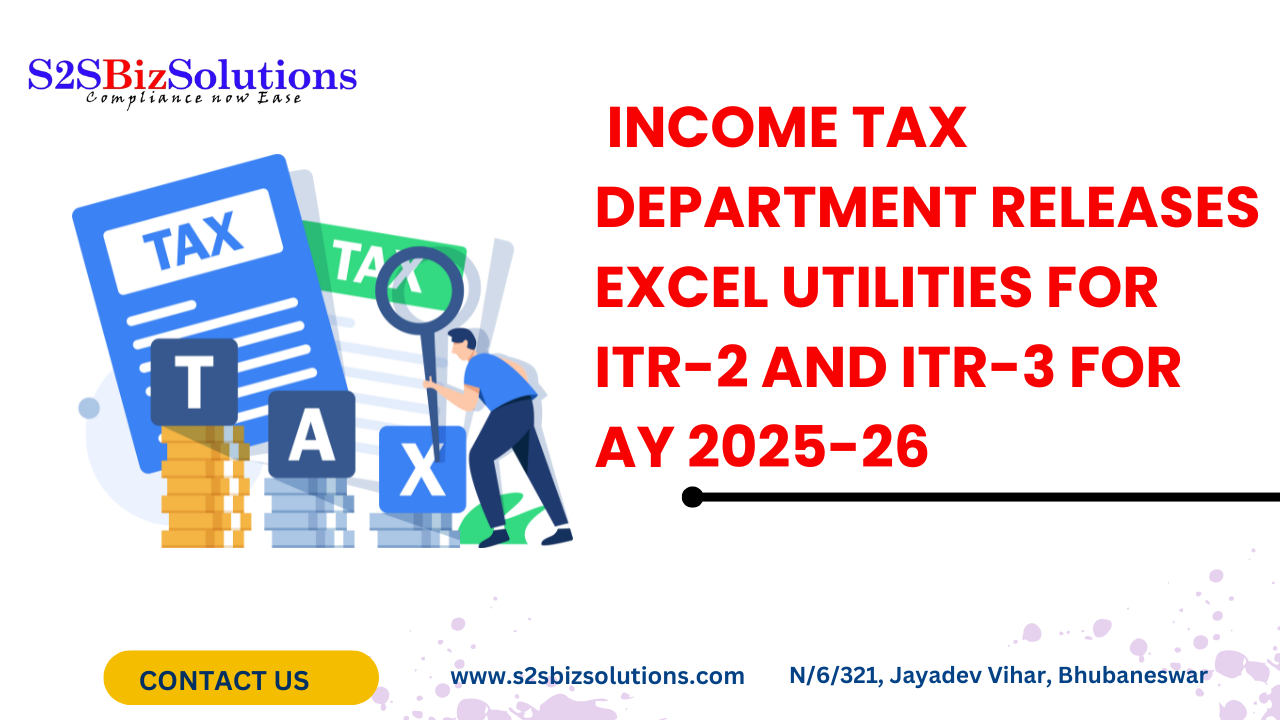
Raising funds is one of the biggest challenges faced by startups and growing businesses. While equity and loans are commonly used, there’s a hybrid option that offers both flexibility and legal structure — Compulsorily Convertible Debentures (CCDs).
In this blog, we’ll simplify what CCDs are, why they matter, and how they can help your business raise capital effectively.
What is a CCD?
A Compulsorily Convertible Debenture (CCD) is a type of debt instrument that must convert into equity shares of the issuing company after a certain period or upon the occurrence of specific events.
Unlike regular loans, CCDs are not repayable in cash. Instead, they convert into ownership, helping companies raise funds without giving away equity immediately.
Key Features of CCDs
| Feature | Description |
|---|---|
| Type of Instrument | Hybrid (debt now, equity later) |
| Conversion | Mandatory conversion into equity shares |
| Interest | May or may not carry interest |
| Tenure | Fixed period before conversion |
| Security | Usually unsecured (unless specified) |
| Compliance | Governed by the Companies Act, 2013 and FEMA (if foreign investment involved) |
Why Choose CCDs?
No Immediate Dilution
You receive capital today, but the equity dilution happens only later — giving you time to increase valuation.
Investor-Friendly
Investors like CCDs because they get the upside of equity with the structure of debt.
MCA and FEMA Compliant
CCDs are legally recognized and well-regulated in India. Proper filings like MGT-14, PAS-3, and stamp duty make it a clean investment tool.
Ideal for Convertible Rounds
If you're raising funds from angel investors or venture capitalists, CCDs allow flexibility before final valuation is locked in.
What Documents Are Required for CCD Issuance?
To issue CCDs, your company will need the following:
-
Board Resolution for approval
-
Shareholders’ Resolution (Special Resolution at EGM)
-
Form MGT-14 (filed with MCA)
-
Form PAS-3 (Return of Allotment)
-
PAS-4 (Private Placement Offer Letter)
-
CCD Certificates to be issued to investors
-
Stamp Duty Payment Challan
-
Bank credit proof of the CCD subscription amount
Process Flow for CCD Issuance
-
Pass Board & Shareholder Resolutions
-
Draft and issue PAS-4 to investors
-
Receive subscription amount in the company’s bank account
-
File MGT-14 and PAS-3 with the MCA
-
Pay applicable stamp duty
-
Issue CCD certificates to investors
-
Maintain proper registers and filings
What Happens at the Time of Conversion?
At the end of the tenure (or earlier, if triggered), the CCDs are compulsorily converted into equity shares. The company must allot shares at a pre-agreed price or valuation formula. The conversion is recorded, and shareholders get equity certificates.
Conclusion
CCDs are a smart, compliant, and founder-friendly instrument for raising funds without immediate equity dilution. If you are a startup looking to bring in investors without giving up too much too soon, CCDs might be the perfect fit.
Need Help with CCD Issuance or Documentation?
At S2S Biz Solutions, we specialize in handling:
-
Drafting and Issuance of CCD Certificates
-
MCA Filings (MGT-14, PAS-3)
-
Stamp Duty Compliance
-
Shareholder Documentation
-
Startup Fundraising Strategy
Contact us today to get started with a compliant CCD issuance process.


















